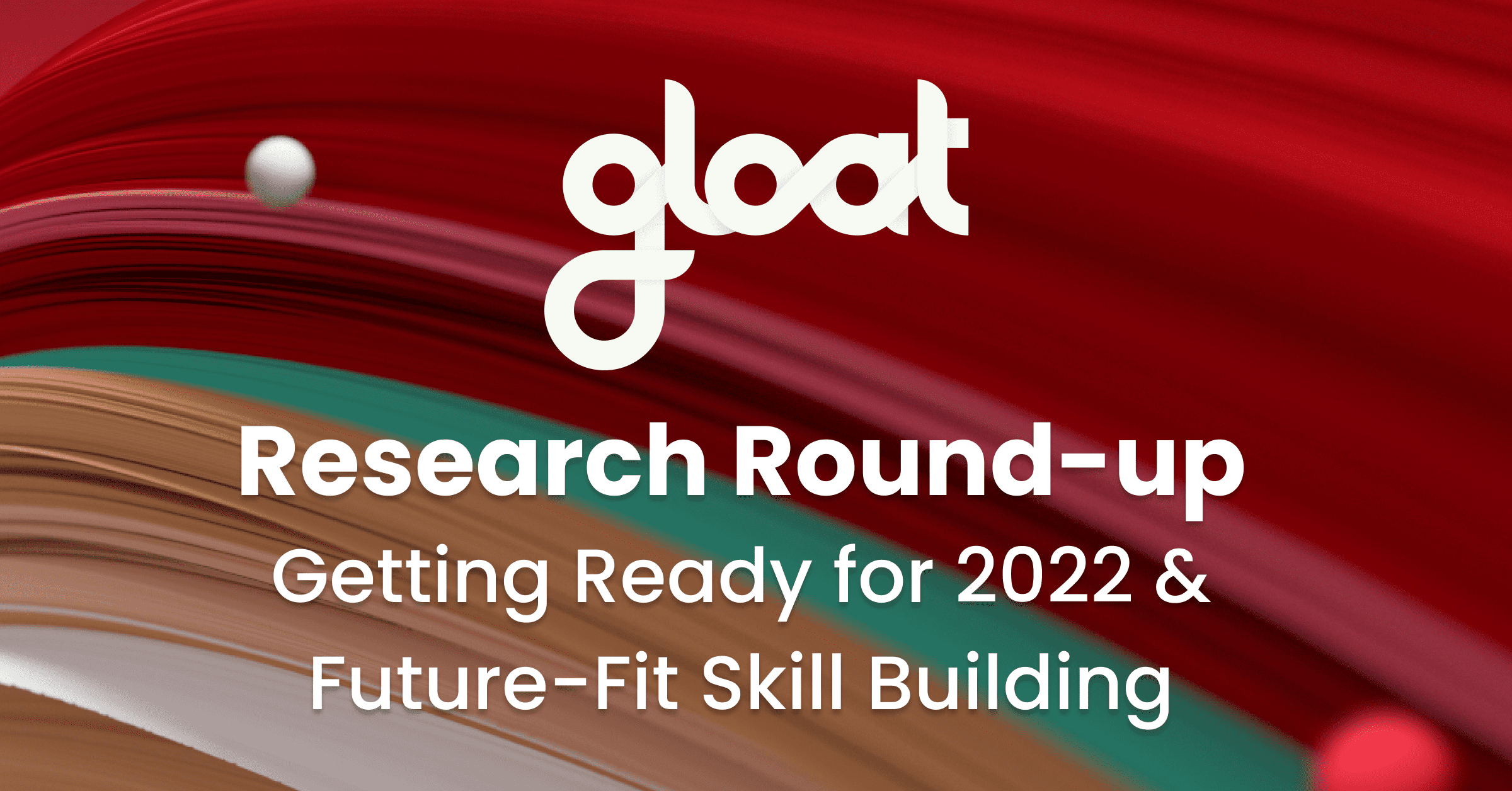3 steps HR leaders should take to prepare for an economic slowdown
What you need to know about talent intelligence during market uncertainty

Rising inflation, market turmoil, and impending interest rate hikes are stoking fears that a recession is on the horizon. While economists have conflicting predictions about its size and severity, there’s no debate that we’re entering an economic slowdown.
On the heels of a global pandemic and amid an unprecedented skills shortage, the looming financial downturn adds a new layer of uncertainty to an already complex work landscape. To minimize the toll of market turmoil, HR leaders must reimagine talent management while balancing employee expectations and business needs.
Despite the challenges it creates, the economic downturn is also an opportunity to recalibrate hiring practices and embrace the skills-based strategies that the new world of work demands.
What you need to know about today’s economic slowdown
An economic slowdown describes a drop in economic growth over a sustained period of time. Hallmarks of a downturn include higher unemployment rates, lower consumer spending, a decline in housing prices, and a spike in government borrowing.
While economic slowdowns and recessions often appear in the same discussions, the two terms aren’t interchangeable. Slowdowns typically precede recessions, which are defined as two or more consecutive quarters of negative economic growth.
Although some economists fear that a recession is on the horizon, experts generally agree that we’re not there now. Yet, the odds of a US recession in the next year have been steadily rising, according to a recent Bloomberg study, which puts the current likelihood at 30%.
What happens to businesses during an economic slowdown?
Economic downturns impact the entire organization, requiring leaders from all teams to step up and shift gears. HR departments are often asked to take various cost-cutting measures, including hiring freezes, layoffs, reducing benefits, and restructuring jobs.
Talent management shifts have been a prominent component of most recession response strategies. During the most recent downturn in early 2020, a record-breaking 18 million employees were furloughed, as businesses struggled to respond to the unprecedented disruption that COVID-19 caused. Similarly, during the 2009 recession, nearly 60% of HR leaders noted that their organizations expanded or initiated lay-offs and downsizing.
To guide businesses through this economic downturn, HR leaders will again need to reassess talent management initiatives. A focus on strategic workforce planning will be particularly crucial since labor shortages are part of what is fueling today’s rising inflation numbers. And while HR leaders aren’t responsible for solving the entire financial crisis, their ability to architect new talent management strategies will determine whether their organization has the skills they need to thrive, even as budgets tighten.
3 steps HR leaders can take to navigate market uncertainty
If you’re looking to help your business thrive during the economic downturn, here are a few initiatives to prioritize:
#1. Rethink hiring strategies
As the slowdown sets in, HR leaders need to think outside the box to ensure their organizations have access to the talent they need. The traditional approach of relying primarily on external hiring will prove challenging since recruiting and onboarding new talent is costly, especially as budgets tighten.
Instead, activating internal mobility should become HR’s focus. Leaders must develop systems and frameworks that enable hiring managers to tap into talent within their organization, rather than looking outside of the business to fill roles and bridge skills gaps. By prioritizing reallocations and redeployments, organizations can derive maximum value from every team member while empowering employees to achieve their full potential. With the addition of workforce intelligence solutions, HR leaders can make talent decisions in real-time and take the guesswork out of the equation.
#2. Prioritize critical skills
During an economic downturn, the concept of a skills-based organization becomes even more essential. As budgets tighten and hiring freezes set in, leaders must start thinking less about recruiting for certain roles and more about strategically utilizing skills across the organization.
When work is broken down into tasks and gigs, employees with relevant knowledge can put their expertise to use to get high-priority projects across the finish line. Many skills-based organizations leverage talent marketplaces to efficiently align employees to project opportunities that require the skills and capabilities they have to offer.
#3. Embrace flexibility and mobility
Today’s economic downturn will be doubly-difficult for HR leaders, who must balance attracting and retaining talent without room in the budget for pay raises or enhanced benefits. Since holding onto all-star employees is more challenging when you can’t reward them with hefty salary bumps, HR leaders need to get creative to find new ways to up the employee value proposition.
One of the most impactful steps HR leaders can take is ensuring that flexibility and mobility are core components of the employee experience. The Great Resignation demonstrates that people expect more from their jobs than a steady paycheck; they’re looking for choice, agency, and meaningful opportunities to grow their careers on their own terms. In fact, nearly two in three employees would like to be considered for new opportunities within their organizations and 54% believe their employer doesn’t take their future interests into account enough.
Like other crises we’ve faced recently, the economic downturn presents both a profound challenge and an exciting opportunity to rearchitect the way your organization works.





